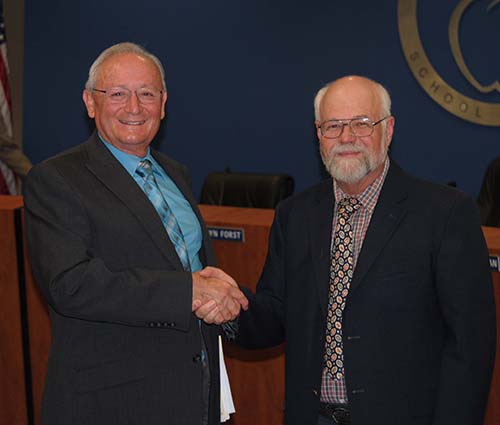On Wednesday, March 12, Lee Zeldin, administrator of the Environmental Protection Agency, took major steps to deregulate environmental protection rules. In 31 separate actions, Zeldin announced proposed changes or modifications to how EPA will address future major environmental issues such as coal plants, electric vehicles and clean water.
“Today is the greatest day of deregulation our nation has seen. We are driving a dagger straight into the heart of the climate change religion to drive down cost of living for American families, unleash American energy, bring auto jobs back to the U.S. and more,” said EPA Administrator Zeldin in the agency’s press release.
Zeldin was announcing his intention to rewrite these rules. It will take months or years for all of them to be revised.
To “unleash American energy,” Zeldin plans to revise rules governing coal fueled power plants (including wastewater releases), mercury and air toxins, and greenhouse gas reporting.
The revisions to the “2009 endangerment finding” and the electric vehicle rules are intended to lower the cost of living for Americans.
Examples of pending changes include EPA’s rule that planet warming gases pose a public health risk. These rules led to limitations on greenhouse gas emissions, which have been reduced since the 2009 finding.
“Removing the endangerment finding even as climate chaos accelerates is like spraying gasoline on a burning house,” said Jason Rylander, legal director at the Center for Biological Diversity’s Climate Law Institute. “We had 27 separate climate disasters costing over a billion dollars last year. Now more than ever the United States needs to step up efforts to cut pollution and protect people from climate change.”
The Environmental Defense fund also announced its opposition to these efforts, calling them an “. . . attack on the public health of the American people that seeks to tear down life-saving clean air standards – putting millions of people in harm’s way.”
“Administrator Zeldin is promising to undo scores of health and safety standards, pulling from a wish-list from lobbyists. Among the rules under attack are the Good Neighbor Rule, which protects Americans from air pollution from other states; the Mercury and Air Toxics standards that protects children’s’ developing brains; the finding that climate pollution endangers our health and our kid’s future; and standards that keep drinking water clean,” the EDF said in its press release.
The intent of replacing the electric vehicle rules is to bring “ . . . back jobs to the American auto industry,” the EPA release stated.
Zeldin promised to reconsider the Model Year 2027 and Later Light-Duty and Medium-Duty Vehicles regulation and Greenhouse Gas Emissions Standards for Heavy-Duty Vehicles, which he claimed created more than $700 billion in regulatory and compliance costs. Additionally, EPA is reevaluating the other parts of the Biden EPA’s problematic “Clean Trucks Plan.” This includes the 2022 Heavy-Duty Nitrous Oxide (NOx) rule, that results in significant costs that will make the products our trucks deliver, like food and other household goods, more expensive.
“The American auto industry has been hamstrung by the crushing regulatory regime of the last administration. As we reconsider nearly one trillion dollars of regulatory costs, we will abide by the rule of law to protect consumer choice and the environment,” said Zeldin in the release.
One area that may eventually affect, and even benefit, the Hill, is his intention to revise the Exceptional Events rulemaking and give a priority to allowing more prescribed fires within State and Tribal Implementation Plans.
When EPA reviews SIPs and TIPs, EPA will work to ensure states and other entities that work within those states can use prescribed fires to properly manage their forests, without being unfairly penalized when it comes to assessing their air quality, according to the EPA press release.
Administrator Zeldin also directed the EPA Office of Air and Radiation to convene meetings with state and tribal air agencies and state, local, and federal forest managers to evaluate ways to ease unnecessary burdens that prevent prescribed fires.
“The Trump Administration is tackling our emergency response duties head on and taking action to reduce the likelihood of these devastating disasters in the future,” Zeldin vowed in his press release. “EPA plays an important role in ensuring the best forest management practices while protecting human health and the environment. Revisiting this rulemaking will ensure that EPA doesn’t get in the way of making preventative efforts like prescribed burns easier to protect communities.”





